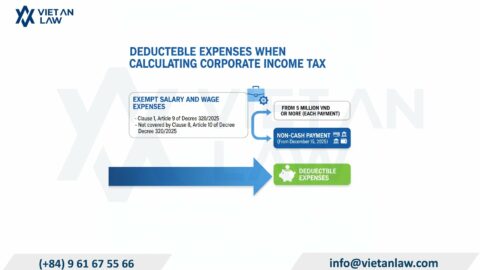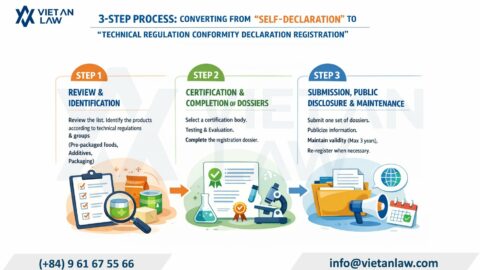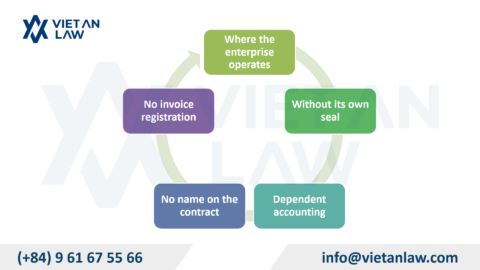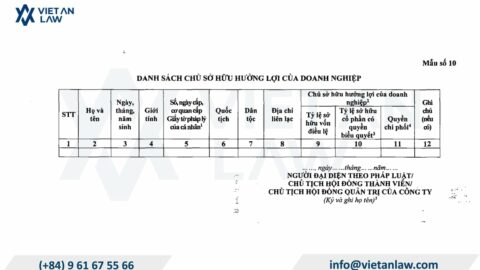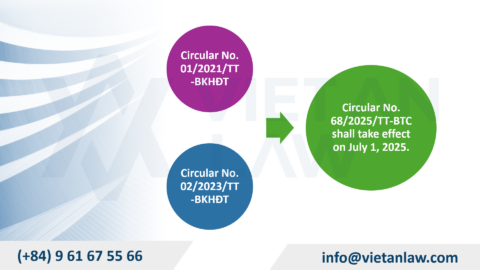The Criminal Code is a particularly important legal document, a sharp tool for the State to protect its legitimate rights and interests, those of individuals and organizations. In order to meet the requirements of crime prevention and control in the context of modern society, amending and supplementing this Code is an inevitable requirement. Recently, on June 25, 2025, the National Assembly officially passed amendments and supplements to a number of articles of the Criminal Code with many outstanding new points, contributing to the completion of the Vietnamese legal system. Through this article, Viet An Law will analyze in depth the new points of the 2025 amended Criminal Code, helping clients promptly grasp important legal changes to ensure compliance and protect their legitimate rights and interests.
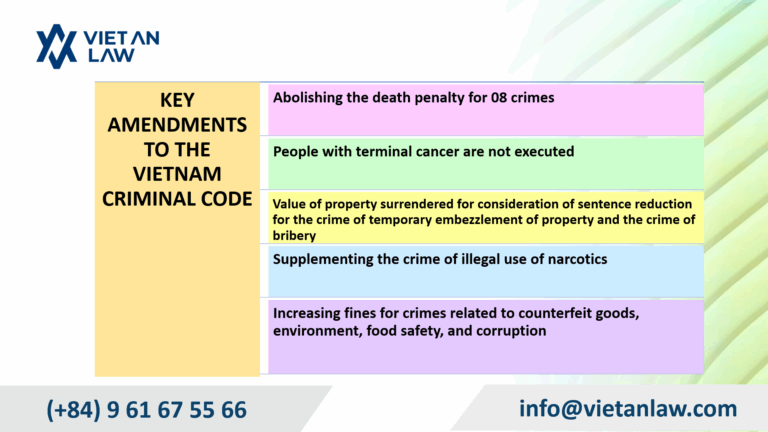
The Law amending the Criminal Code 2025 has officially abolished the death penalty for the following 08 crimes:
In addition, the Law also stipulates that if the death penalty has been imposed before July 1, 2025, for a person who has committed the above 8 crimes of the Criminal Code but has not yet been executed, the sentence will not be executed, and the Chief Justice of the Supreme People’s Court will decide to convert the death penalty to life imprisonment.
This can be considered the latest point of the Criminal Code and an important step forward. Legally, this move reflects a shift in criminal policy, from considering the death penalty as an absolute deterrent to promoting humanitarian values and protecting human rights.
At the same time, this decision also shows its conformity with the trend of international integration and international conventions on human rights to which Vietnam is a member. It helps to minimize the risk of irreparable wrongful convictions and creates opportunities for criminals to be reformed. Replacing the death penalty with life imprisonment demonstrates the balance between the need to punish criminals and the humanitarian policy of Vietnamese law.
Previously, Clause 3, Article 40 of the 2015 Criminal Code (amended and supplemented in 2017) stipulated 03 cases where the death penalty shall not be carried out for convicted persons as follows:
After the abolition of the death penalty for embezzlement and bribery (as mentioned above), the third case is no longer appropriate. Therefore, Clause 1, Article 1 of the Law amending the Criminal Code 2025 has replaced this provision.
Therefore, currently, there are 03 cases where the death penalty is not carried out for convicted persons:
The new regulation on terminally ill cancer patients represents progress and is in line with international human rights standards, where humanitarian principles are highly valued in the application of punishment. Not carrying out the death penalty on people in serious health conditions is considered a humane act, in line with progressive legal philosophy, and avoids ethical controversies in the execution process.
In Clause 4, Article 1 of the Law amending the Criminal Code 2025, Clause 2, Article 63 is amended and supplemented as follows:
“A person sentenced to life imprisonment for the crime of embezzlement of property or the crime of bribery may only be considered for a reduction in the term of serving the sentence if he/she has proactively surrendered at least three-quarters of the embezzled or bribed property and has actively cooperated with the authorities in detecting, investigating, and handling the crime or has made great achievements.”
Although the death penalty has been abolished for the crimes of embezzlement and bribery, according to this regulation, those sentenced to life imprisonment for these crimes will only be considered for a reduction in the term of execution of the sentence if they have actively returned at least three-quarters of the embezzled or bribed property and have actively cooperated with the authorities in detecting, investigating, and handling the crime or have made great achievements.
It can be seen that the conditions for sentence reduction are quite similar to the conditions for not executing the death penalty according to the old regulations (mentioned above) for these two crimes. Because one of the most serious consequences of corruption crimes is economic loss. Although the punishment has become more humane, the policy still aims to recover the appropriated public assets, ensuring the interests of the State and society. At the same time, this regulation also has the value of encouraging criminals to actively report during the case resolution process.
Previously, drug use was only subject to administrative sanctions. However, in reality, this was not enough of a deterrent, leading to a high rate of relapse and the emergence of many other related crimes such as theft, robbery, and murder.
Therefore, in Clause 20, Article 1 of the Law amending and supplementing the Criminal Code 2025, Article 256a was added to regulate the crime of illegal use of narcotics. Accordingly, anyone who illegally reuses narcotics in one of the following cases may be prosecuted for criminal liability, with the lightest penalty being 02 years in prison and the heaviest being 05 years in prison. Specifically, the following cases:
The criminalization of illegal drug use represents a fundamental change in the legislative thinking of the Vietnamese State. This behavior is no longer considered a social evil but is considered a dangerous behavior for the community, violating public order and human health, and must be criminally prosecuted.
This is important in strengthening the deterrence of the law. When drug use can lead to criminal prosecution, it will have a strong impact on people’s awareness, especially young people, helping to prevent and stop the demand for drugs at the source. Furthermore, this also helps authorities have a more solid legal basis to control and manage addicts and reduce crimes caused by drugs, contributing to ensuring social security and order more effectively.
The increase in fines for crimes related to counterfeit goods, environment, food safety, and corruption in the Law amending and supplementing the Criminal Code in 2025 takes place in the context that these types of crimes have reached a critical level, with increasingly sophisticated methods. These acts cause extremely serious consequences for health, economy, and environment, eroding people’s trust in the law. The old fines are no longer enough to deter; the profits from crimes are still much higher than the risks, causing crimes to continue to recur.
Specifically, in Clause 12, Article 1 of the Law amending the 2025 Criminal Code, the fine for crimes related to the environment, food safety, and drugs has been doubled. Typically:
Above are the key amendments to the Vietnam Criminal Code 2025. Hopefully, the content we share has provided clients with an overview and comprehensive view of the changes in the Criminal Code. If clients have any questions or need support on legal issues, please contact Viet An Law for timely support.
